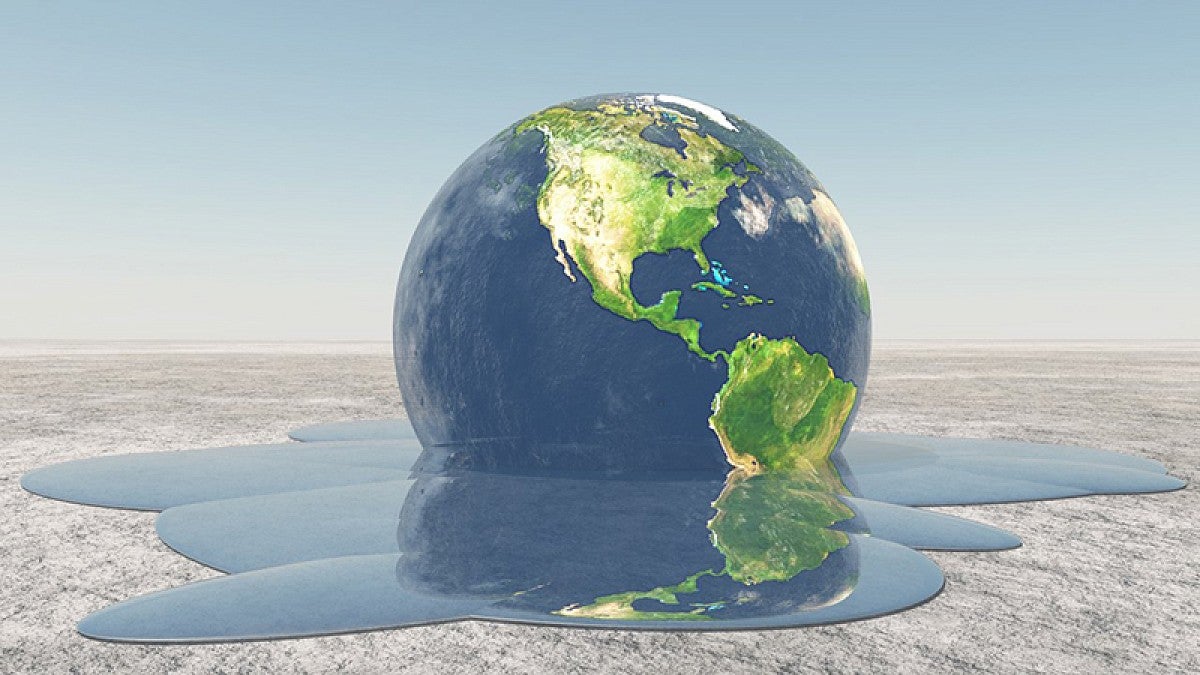What’s new with climate change in Oregon? That’s the question Phil Mote, director of the Oregon Climate Change Research Institute, will answer during his keynote lecture at the UO’s annual Climate Change Research Symposium.
Mote, a professor at Oregon State University’s College of Earth, Ocean and Atmospheric Sciences, will be revealing the results of the Oregon Climate Change Research Institute’s Third Oregon Climate Assessment Report.
The event will be held Wednesday, April 26, in the Museum of Natural and Cultural History, from 8:30 a.m. to 5 p.m. The keynote presentation will be from noon to 1 p.m., and a full schedule can be found online.
It is the sixth year of the symposium, which aims to let educators and students share with the general public what they have been researching.
“It’s an opportunity for a local conversation that takes advantage of the great number of faculty and grad students and lets them present their research into various aspects of climate change,” said Ronald Mitchell, professor of political science at the UO and organizer of the symposium. “There’s a lot about adaptation, a lot about the effects of water, a lot about public engagement. Just people doing first-rate research on climate change, its impacts and what we can do about it.”
The event, sponsored by the UO’s Climate Change Research Group and the Museum of Natural and Cultural History, brings together more than 20 UO faculty members and graduate students, including social scientists, lawyers, marine biologists and many others to sit in four panels throughout the day. Each panel member will have an opportunity to present their research, and then the last half-hour or so will go to a question-and-answer session with the audience.
“My view on climate change is that really understanding it requires us to be interdisciplinary,” Mitchell said. “So if we’re an economist, to see climate change only through the economic lens makes us likely to get it wrong. If we’re a climate modeler, to think it’s all about the climate modelling misses the economics of it. When someone talks about law, I want to promote a conversation between them and the other panelists. I want the audience to get a richer perspective by seeing the interplay among people who might actually disagree about things.”
For questions, or to become part of the Climate Change Research Group mailing list, contact Mitchell at rmitchel@uoregon.edu.
—By Noah Ripley, University Communications


